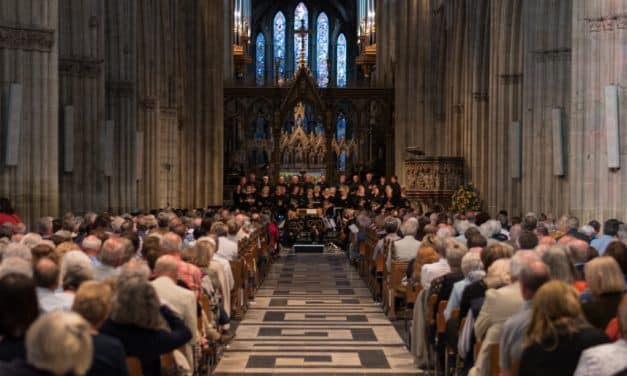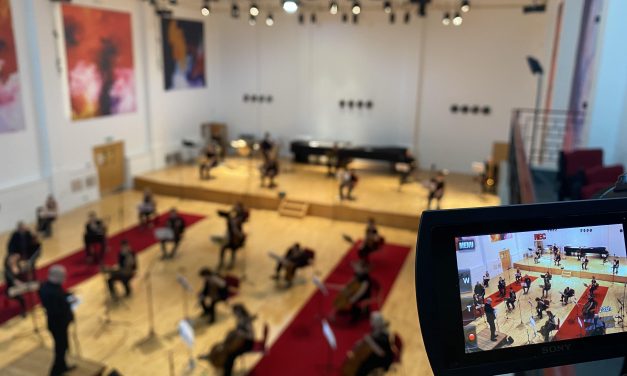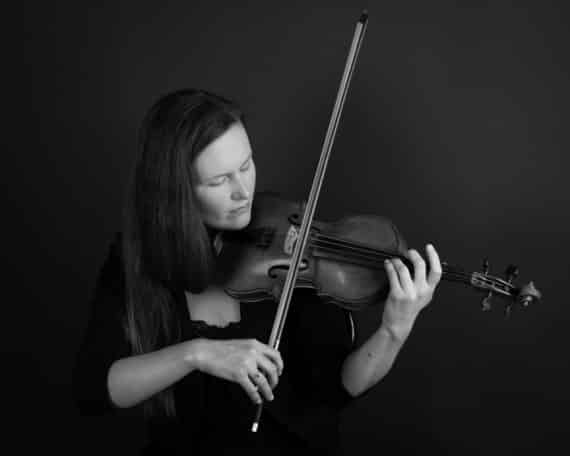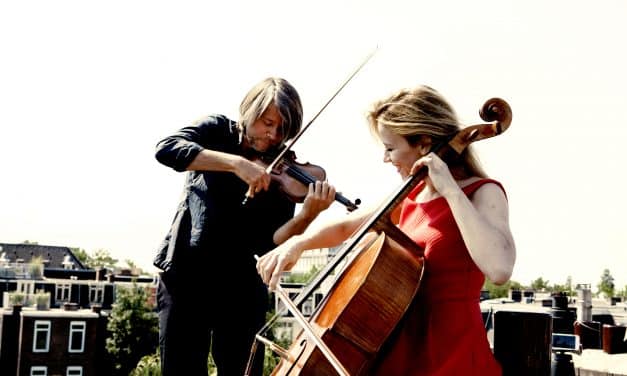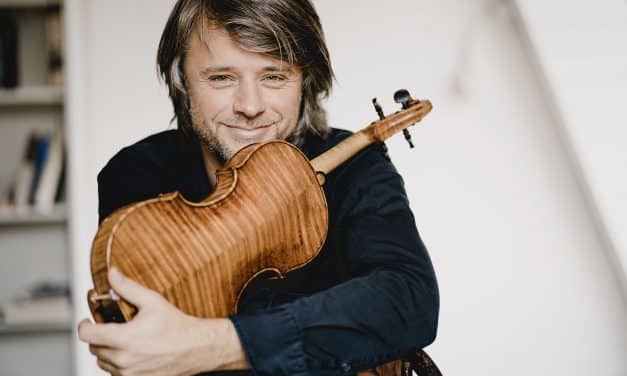Elgar Festival 2023 – Elgar for Everyone Gala Concert
Perhaps no work in musical history was as eagerly awaited as Elgar’s First Symphony. Music lovers across Europe and the British Empire were all waiting to see if Elgar could produce a symphony worthy of comparison with those of Beethoven and Brahms. Ahead of its London premiere, the great conductor Hans Richter called it “the greatest symphony of modern times, written by the greatest modern composer – and not only in this country.” Elgar’s choral masterpiece, The Music Makers, was completed only four years later, but sees its composer in a more reflective mood, with touching musical reminders of his earlier works sprinkled throughout, sung here by the acclaimed Elgar Festival Chorus. Featured Composer Michael Berkeley’s Secret Garden is one of his most colourful and ebullient works.
Read More